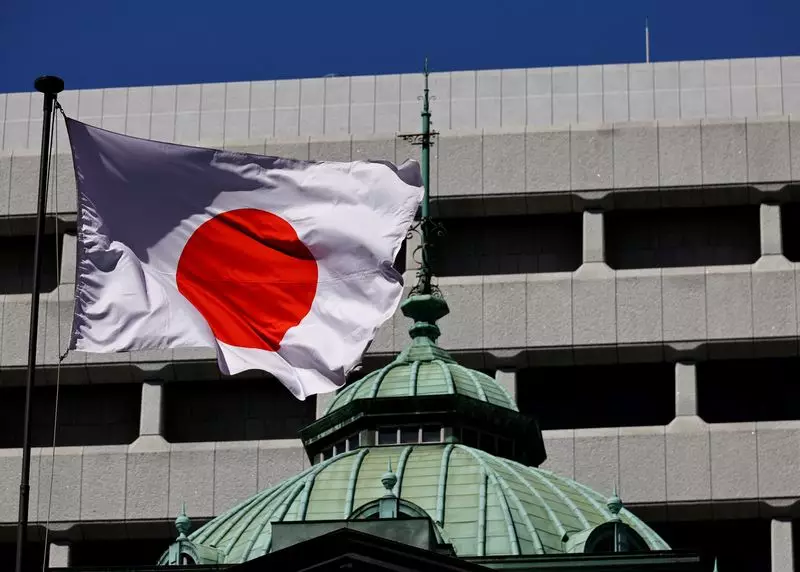Recently, Junko Nakagawa, a policymaker at the Bank of Japan, commented on the central bank’s intention to continue raising interest rates in line with its forecast. Despite last month’s market turbulence, the BOJ remains steadfast in its plan to gradually increase borrowing costs. However, Nakagawa emphasized the importance of considering the impact of market fluctuations on the economy and prices before implementing further rate hikes.
Following the termination of negative interest rates in March, the BOJ raised its short-term policy rate target to 0.25% in July, marking a significant shift from its prolonged massive stimulus program. While these actions were taken to achieve the 2% inflation target sustainably and consistently, the subsequent market response, including a surge in the yen against the dollar and a global stock market downturn, highlighted the interconnectedness of the global economy.
According to Nakagawa, Japan’s economic fundamentals remain strong despite the market volatility triggered by the July rate hike. However, she acknowledged the need for the central bank to reflect on recent market movements and assess their implications for the economy before deciding on future rate adjustments. With a tight job market and increasing import prices, Japan faces potential upside risks to its inflation outlook.
As the BOJ navigates a path towards normalization, it must carefully balance the need to raise interest rates with the risks posed by external uncertainties. While the central bank remains committed to its inflation target, fluctuations in the global financial markets can complicate the decision-making process. By closely monitoring economic indicators and market trends, the BOJ aims to ensure a smooth transition to a more neutral monetary policy stance.
The Bank of Japan’s plan to raise interest rates amidst market turmoil reflects its commitment to achieving long-term economic stability. While challenges persist, particularly in the face of global economic uncertainties, policymakers like Junko Nakagawa stress the importance of maintaining a cautious approach to monetary policy adjustments. By striking a balance between inflation targets and market conditions, the BOJ aims to support sustainable growth and price stability in the future.

